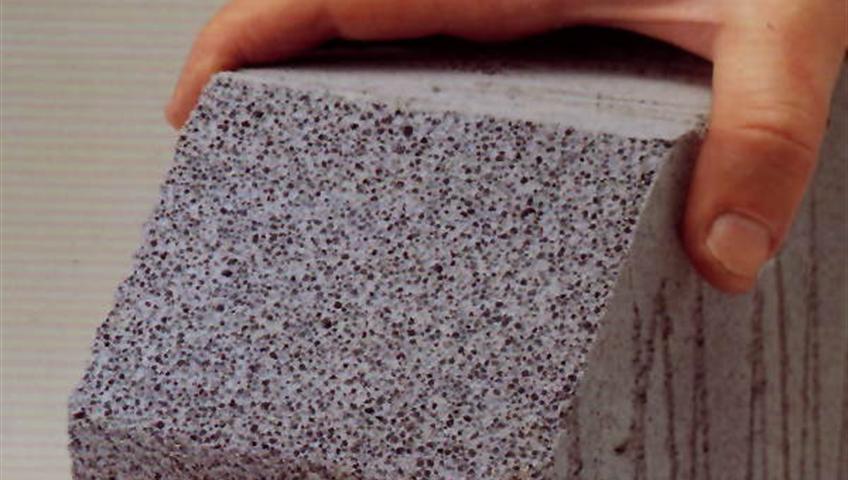The BASIX assessment and NatHERS process is an ever evolving practice which requires extensive knowledge of available materials, passive heating and cooling strategies and how to design in an ecologically sustainable manner. Although to complete and sign off on the BASIX process one must be a certified assessor. The assessor’s background does not play a large role in determining their competency in assessing a building’s efficiency. Therefore, the question is raised as to who is the most qualified or most knowledgeable to be completing the BASIX assessment?
As the field of ESD and the BASIX process is relatively new, the education of most practicing architects has not had a large influence from it, in comparison to current students who take mandatory sustainability and ecologically sustainable design courses. The question must be asked as to who is the most knowledgeable and qualified to be able to rate and improve the energy performance of buildings?

Students of Architecture:
In current architectural education due to the acknowledgment of the detrimental effects of global warming and the understanding of the need to improve the efficiency of building’s and the building industry in general, raising awareness and interest in the ability to design sustainably has become a key focus in universities. Through this education, students are immediately grounded in the possibilities for ecologically sustainable development affecting their future careers. This fundamental basis is not seen in the careers of some currently practicing architects as their education was not based in ESD and required a personal interest or a choice in workplace for them to want to design sustainably.
Degrees in Sustainable Development:
In the past decade or so specific degrees such as master’s programs in sustainable development, have emerged tailor made to develop a deep and specific understanding of sustainable design and how through complex material, structural and design choices a building can become environmentally responsible reducing its embodied energy and running costs. This specific education into ESD as opposed to learning about it through industry experience allows for a fundamental basis and understanding in ESD to be achieved, creating an assessor who is uniquely qualified to improve the efficiency of a building.
Assessor Accreditation and BASIX Assessment:
In Australia, ESD consultants must be accredited in order to complete the BASIX process as either an ABSA (Association of Building Sustainability Assessors) or BDAV (Building Designers Association Victoria) assessor. To become an ABSA assessor, you must successfully complete the certificate IV in NatHERS Assessment, there are no pre-requisites to this course therefore independent assessors may have no background experience or education in the overall concepts surrounding ESD.
Continued Professional Development:
To ensure that the credentials of the assessors are continually valid and are responding to the current conditions of the architectural and ESD field continuing professional development is required for assessors to maintain their accreditation. This ensures that after the initial education, continued involvement in emerging materials and products is maintained.
What to Look for, and Who to Choose:
It is crucial when looking for a NatHERS assessor that you look at the assessor’s credentials, for instance their other qualifications (e.g. Bachelor or Masters), how long they have been practicing and other factors highlighted above. There is often the temptation to find the cheapest assessor however by doing this you run the risk of missing out on expert information and critical feedback into your design which can massively reduce the running cost of your building, reduce the embodied energy of the building and its materials, as well as making a dramatically more thermally comfortable project.
To read more about BASIX, click here
References:
ABSA, (2016). [online] Absa.net.au. Available at: http://www.absa.net.au/documents/item/172 [Accessed 7 Oct. 2016].
ABSA, (2016). Continuing Professional Development - ABSA (Australian Building Sustainability Association). [online] Absa.net.au. Available at: https://www.absa.net.au/education-courses/continuing-professional-development-cpd [Accessed 7 Oct. 2016].







